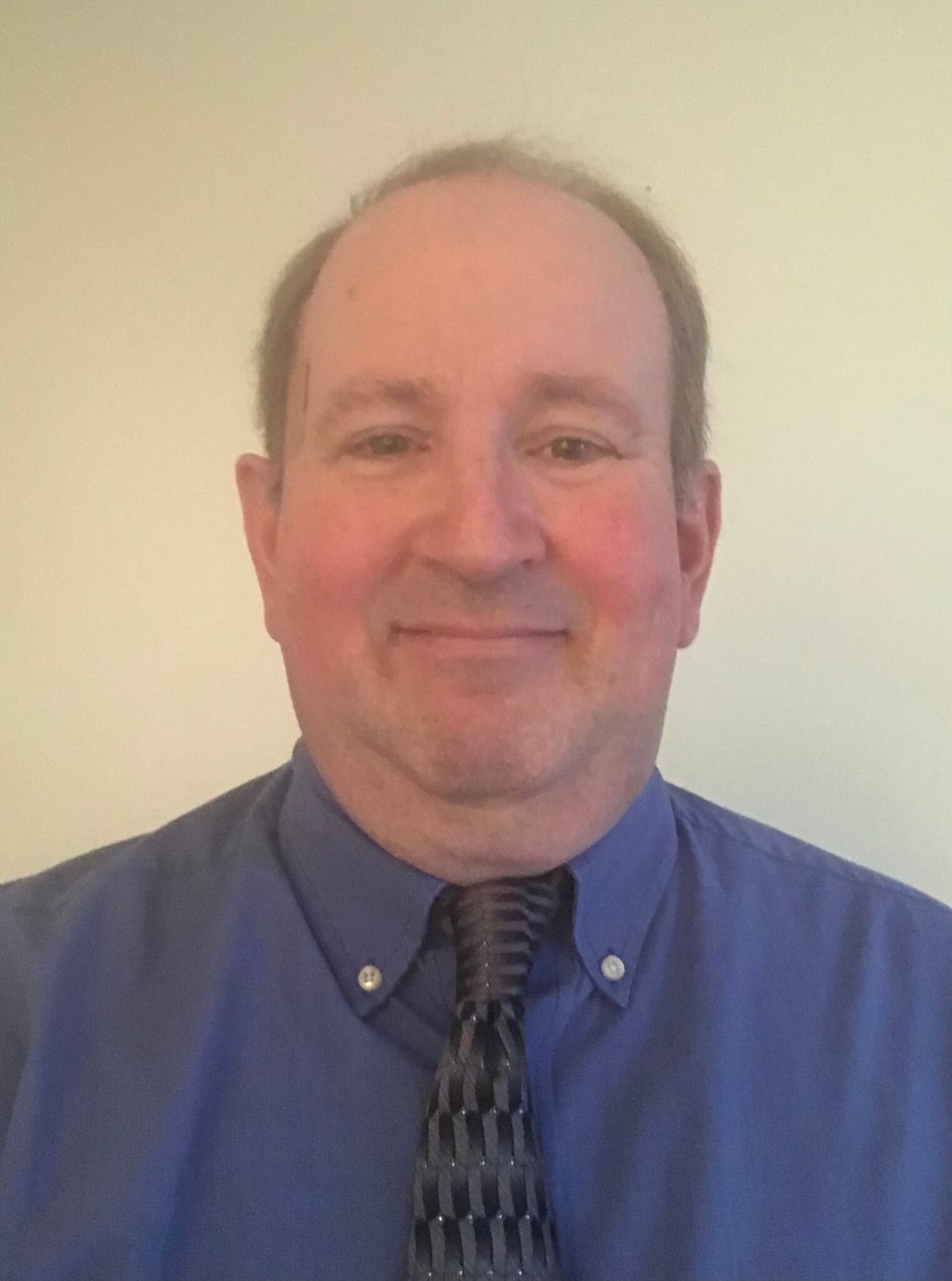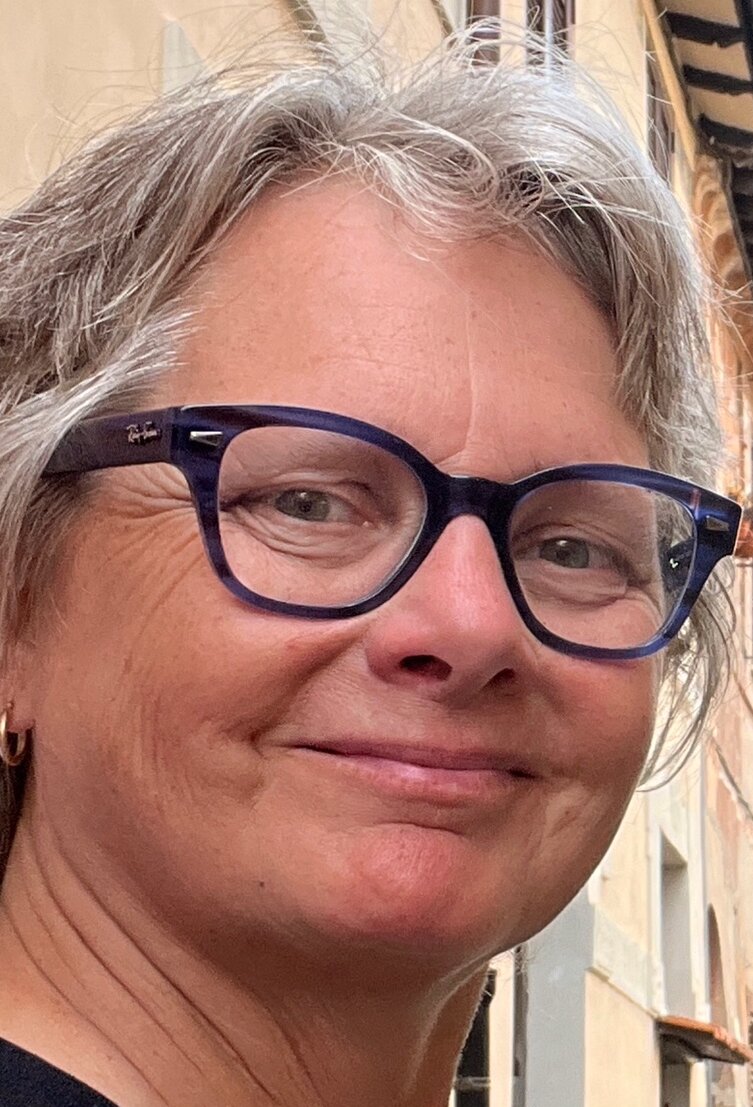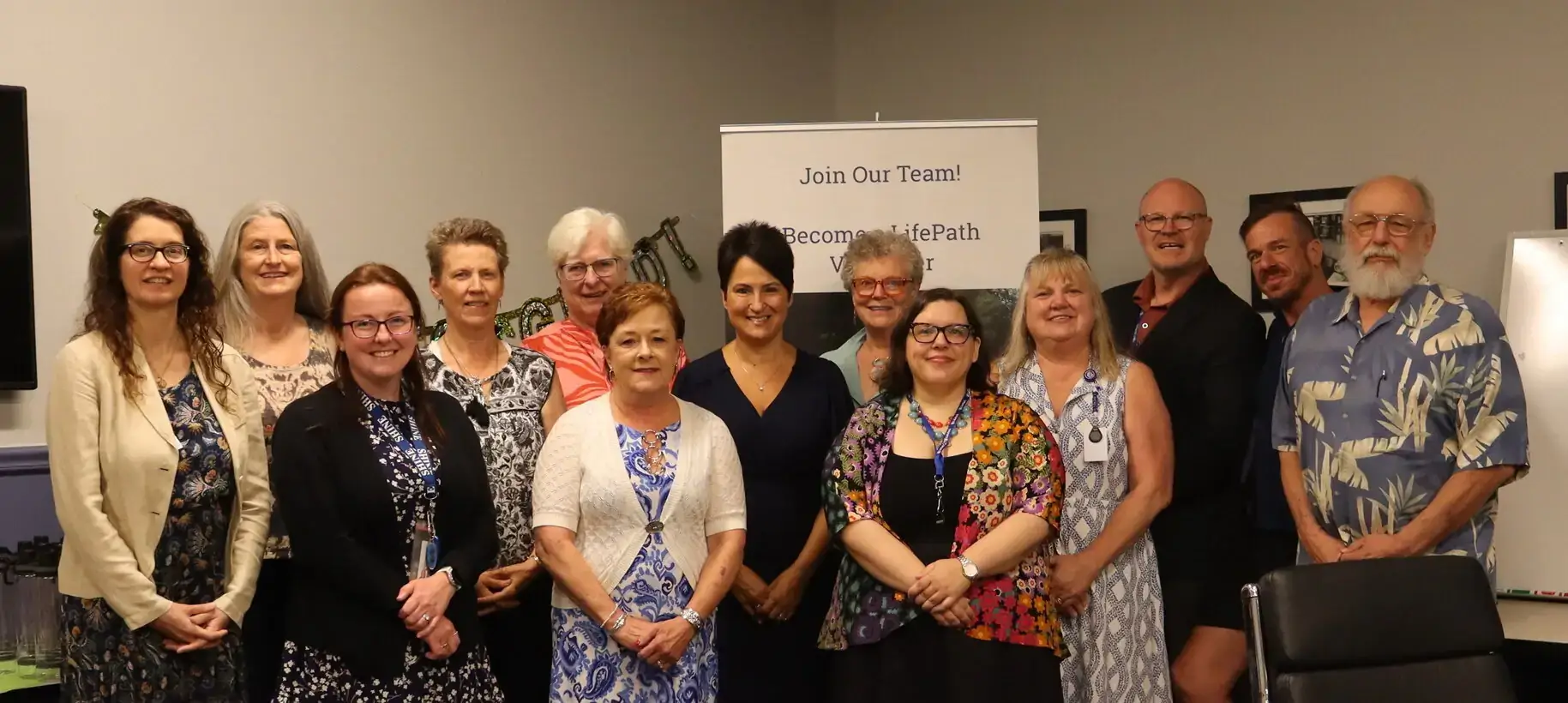Meet Money Manager Ted Penick
It all started nearly 20 years ago with the radio. Ted Penick was listening to WHAI and heard an interview about the Money Management Program at LifePath. “Somebody was on and mentioned this program which I’d never heard of. It sounded interesting – they even gave a phone number to call. That’s how I got connected.”
Ted was in the process of preparing for his retirement. “I was in the insurance business for 45 years,” says Ted.
Born in New York, raised in New Jersey, Ted went off to college, and his parents moved to Andover, Mass. After graduation, he moved to Massachusetts and started working in Boston.
At first his work took him all around the country, but soon he wanted to settle down. “My wife and I decided we’d like to be able to put down some roots while the kids were growing up.” Ted found a job in Greenfield, and the family moved into a new home in Northfield in 1972. “I don’t know if we’re still newcomers to Northfield,” Ted laughs, “but we’ve been there 46 years I think it is.”
Ted eventually bought the business he’d been working for. When it came time to retire in 2000, he sold the business and began to prepare for this life transition.
“My wife was getting a little nervous about having me under foot all the time,” says Ted. He spent time thinking about what he might to do get out of the house after leaving the workforce. “When I heard about this, there were other things I was considering, too, but this sounded probably more interesting.”
Ted’s experience, “having worked with numbers for many many years,” he says, meant he did not need a lot of training. “The job is to help the client get his bills paid and use his money wisely, and it’s almost always the case that they’re low-income people.”
Sometimes he’s helped clients learn to keep to a budget. “You cannot spend more than there is money available, and some of the clients are used to spending more than they’ve got,” says Ted. “Part of the job is to help them see the light.”
Ted has also helped people to get out of debt and change the habits that keep them there. “One especially I tell myself he’s a success story,” says Ted. “When Frank (all client names have been changed) came to the program, he already had over $600 in bank charges on his account for overdrafts. That was just his habit, and he knew it was a bad habit, but he just couldn’t resist spending money. At the time he signed up with us, he was behind in his rent to the landlord; it was a monthly check, room and board, and he couldn’t pay it until his social security came in the third week of the month. So he was just way behind. The bank would let him have overdrafts, and he could use his debit card when he didn’t have any money in the bank and he could still get $100 out.”
At Ted’s first visit with Frank, he was accompanied by Lorraine York-Edberg, the former director of the Money Management Program. Together, they spoke with Frank, who decided to give up his debit card. “That was a big step in the right direction,” says Ted. “Then we went down to his bank and told them what was going on, and of course they could look at his account and see how bad it was. Again I give Lorraine credit for talking the bank into writing off about half of the bank charges.”
Frank, who has difficulty writing checks, also decided to allow Ted to manage his checkbook. “He’s been on an even keel for a long time,” says Ted. “It’s worked out great for eight years.” With his finances in order, Frank does not have to worry about housing insecurity from being behind in rent or be concerned about affording his groceries or keeping the lights on.
When he’s needed some extra support, Ted has been able to turn to Lorraine and now Ceil Moran, the current Money Management Program director, for assistance. For example, when Ted found out that his client Karen owns a home but doesn’t have a will, Ted reached out for help. “I’ve been recommending that she have a will and she keeps putting it off,” says Ted. “I asked Ceil if she knew of a lawyer who might help out a person who doesn’t have much money but needs a will. She came up with a couple of names.”
Eighteen years on, Ted is happy with his retired life and volunteer service. “I have other things I do, too: I’m treasurer of two small nonprofits, both genealogy-related, they’re family associations that have organized and that’s a lot of fun. I like the numbers.”
The best thing about it, says Ted, is “just knowing that you’re helping somebody and nobody has to pay me. I’m, politically, kind of a small government guy, and some of the expenses that government pays I’m not real happy with, but in this work I feel like it helps somebody, and nobody has to pay me.”
“At a cost of less than one full-time staff person who coordinates, trains, and supports volunteers and works to make sure all involved are safe by auditing reports and bank statements,” says Lynne Feldman, director of Community Services at LifePath, “we help over 45 people each year stay financially secure.”
If you want to learn more about becoming a volunteer money manager, contact Money Management Program Director Ceil Moran by email or by phone at 413-773-5555 or 978-544-2259. Learn more about the program and find additional volunteer stories and opportunities.




